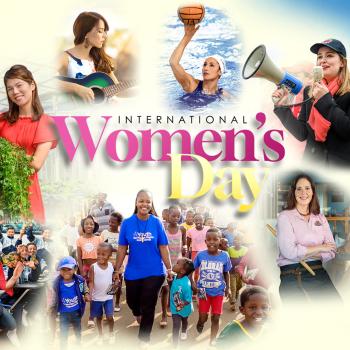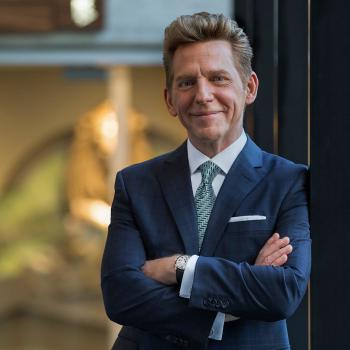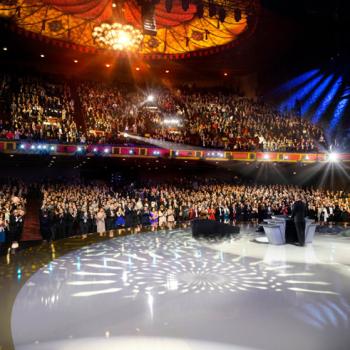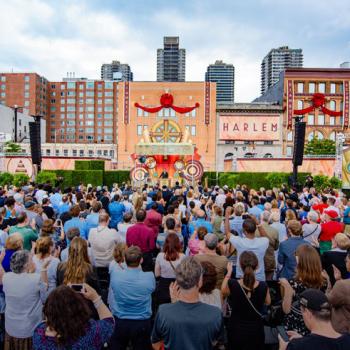This entry, courtesy of the STAND website
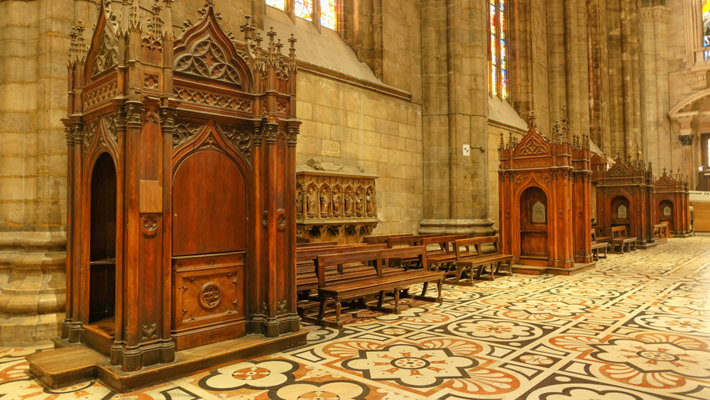
Have you ever gotten something off your chest and felt the relief? I’m talking about an act you committed, large or small, that was eating away at you, leaving you all balled up in regret and guilt.
Were you able to tell that to someone—maybe a loving parent or a trusted friend—without any serious judgment or retribution? Even if there was some blowback, can you recall that moment of relief you experienced just the same? That feeling that you might just get through this dark patch and be able, at last, to carry on. Some light at the end of the tunnel.
Ever been there?
In many religions, this is known as “confession.”
As kids we think of this as something our parents make us do to find out if we’re owed some punishment, like being sent to bed without dinner or grounded for a week. But for me it’s something far deeper and more meaningful—a service to each of us that underscores why religious freedom is such an important right.
I’m not suggesting “confession” is always performed perfectly.
But strip away for the moment the punishment that can follow. What do we have? Something is tearing up a man inside. He’s done something he wishes he could take back. Maybe even something horrible—at least to him: stealing, cheating or worse.
Maybe you, yourself, are even thinking of something now. (It’s ok. I’m not trying to draw it out of you here.)
This is a problem of the soul.
A friend said this to me the other day: “Every religion offers a way to unburden people.”
Consider that for a moment.
I don’t know the inner workings of all religions but I can think of a few examples. Catholicism’s is called the Sacrament of the Penance, for example, and it is a couple thousand years old. The Buddhists have had a kind of confession for their monks which dates back to the days of Buddha himself (around 490 BC)! Muslims seek forgiveness directly from God for their sins, a practice called Istighfar, and one of the most essential elements of Islamic worship.
In Scientology, too, we have a confessional practice as thorough as it is comforting. I availed myself of it. The service consisted of reviewing my entire life to revisit and address things I had long since forgotten but, incredibly, still had my attention trapped. I know this because, when the person delivering it (called an “auditor” or “one who listens”) brought me to the end, he told me I had been forgiven for everything I had confessed. The relief at that exact moment was absolutely enormous and surprising. It brought me to tears. Over time, it proved to be quite life-changing. And the irony is: I’ve led a pretty clean life!
It leads me to wonder though, if not to their religion, where else could someone go to let off this kind of soul-wrenching pressure, in safety?
I’ll leave you with a final question, dear reader:
If in the last 2,000 years there had been nowhere on Earth to free oneself of these pent-up burdens, what kind of world might we be living in right now?
I wouldn’t want to find out.
Hans Eisenman



